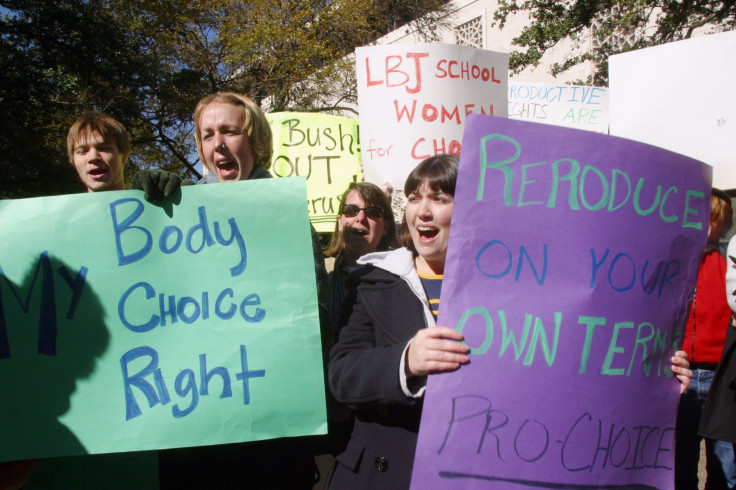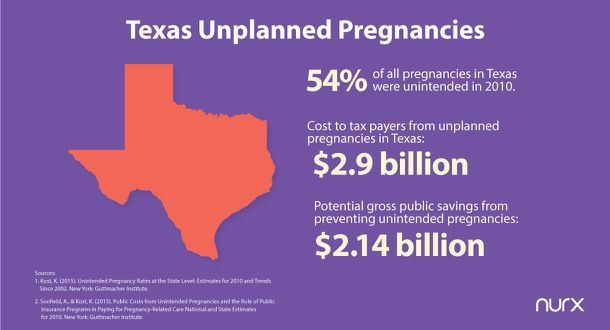Birth Control In Texas: Nurx App Delivers To Women In 'Contraceptive Desert'

Texas is in desperate need of accessible birth control. The Washington Post reported one out of every four Texas family planning clinics closed or stopped providing those services since 2011. Most of them were not Planned Parenthood clinics, which Texas lawmakers famously oppose, although the closures did also include 31 of the Lone Star state’s 74 Planned Parenthood clinics.
That’s why the birth control delivery app Nurx launched its service in Texas on Monday. The app was already operating in around a dozen other states, including California and New Jersey. Now, even if the Texan user doesn’t have insurance, she can get prescription birth control delivered to her door for as little as $15 a month. The mobile application process takes about three minutes. Nurx CEO and co-founder Hans Gangeskar told International Business Times a huge amount of its online traffic came from Texas long before the startup operated there.
Read: As Nurx, Providing On-Demand Birth Control And HIV Prevention Meds, Expands, Who Will Benefit?
“It’s a sign of the need for a service like this,” Gangeskar said. “The government in Texas has systematically worked to reduce the number of clinics offering women’s health services, combatting Planned Parenthood, not just when it comes to their abortion offerings but all their other offerings as well. So we thought it was not only good for business, but also really important for the millions of women in Texas that need it.”

Nurx, which Gangeskar said has raised $5 million so far, isn’t the first app with a network of doctors prescribing birth control and counseling patients via text message. But TechCrunch reports women have a hard time getting competing apps like Maven and Lemonaid to deliver in the Lone Star state. Much of Texas is often referred to as a “contraceptive desert,” counties where there aren’t enough reproductive health services to accommodate the local population. Young people and marginalized communities are often hit the hardest by this scarcity.
A study published in the New England Journal of Medicine concluded Texas clinic closures hurt low-income women by making it harder for them to get affordable access to birth control and reproductive health services. “Both my cofounder and I are from Norway,” Gangeskar said. “So in the U.S., it was always a shock to me how many people are working against reproductive rights.” According to NPR, every year 35,000 teens in Texas get pregnant before they turn 20, a rate far above the national average.
Despite the consequences, Texas lawmakers continue to pass new restrictions like the anti-abortion Senate Bill 8, which arrived at the governor’s desk in May and is expected to soon be signed into law. Thanks to the work of the Texas Freedom Network, other pending bills could also include new amendments that allow nurses to tell a male head of household about a woman’s medical condition and pharmacists to refuse to fill birth control prescriptions.
Many women on Reddit already swap horror stories about medical professionals that shame patients for seeking birth control. So a mobile app can be convenient in more ways than one. Accessible birth control also has widespread economic benefits beyond women's personal experiences. “Allowing women to choose when to have children, and whether to have children, allows them to participate in the workforce in a way they wouldn’t be able to otherwise,” Gangeskar said. “Or continue their education, rather than being forced into motherhood.”
© Copyright IBTimes 2024. All rights reserved.



















